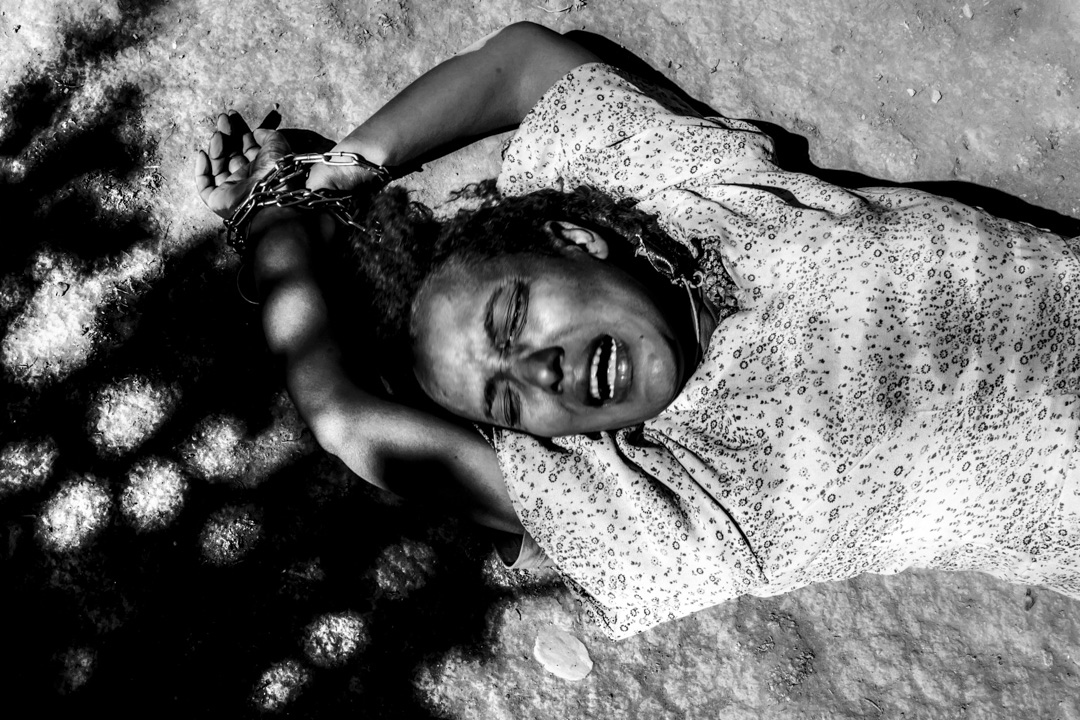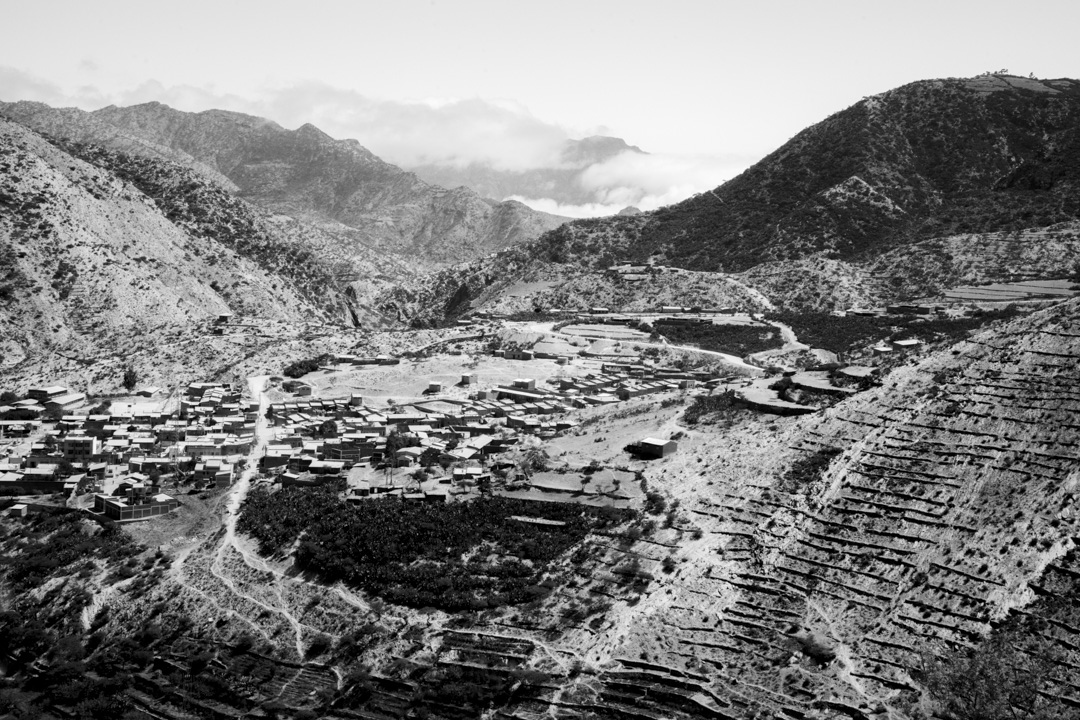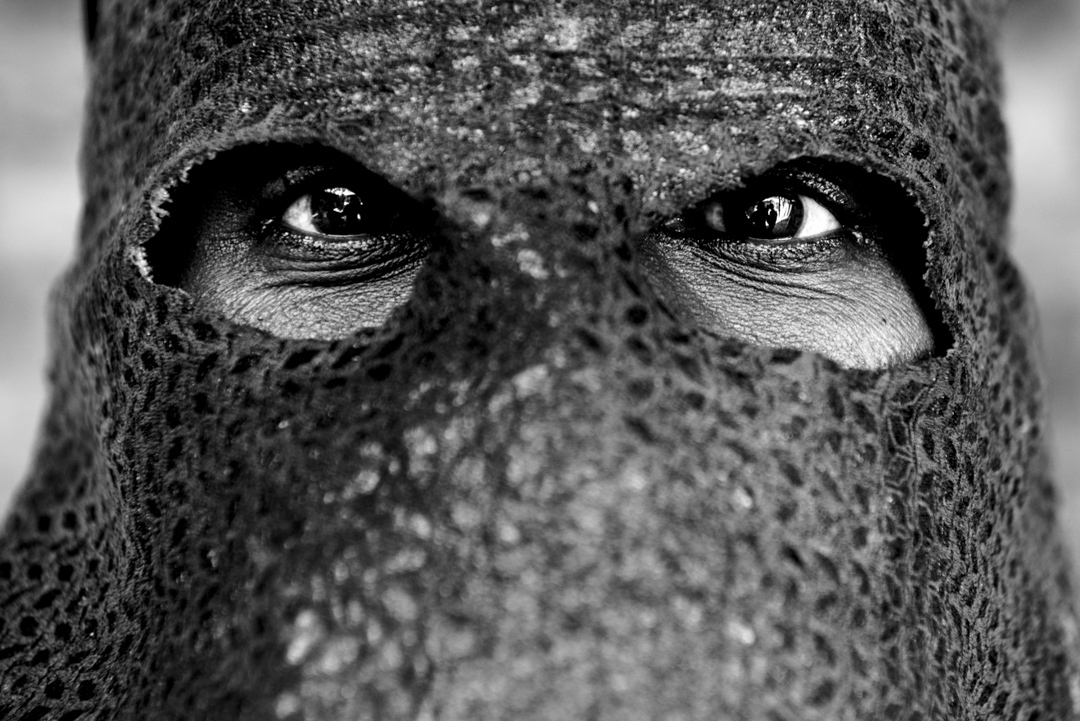LISTEN TO ME
From where you flee The condition of women in rural areas of Ethiopia
83% of Ethiopia's population lives in rural areas, in inhuman conditions and women represent the core of society. They work in the fields, among the dust of the building sites and take care of the family and of the several children. According to the latest Gender Global Gap Report of the World Economic Forum, Ethiopia stands at 118 out of 136 countries in terms of discrimination against the female gender. In a male-dominated society, women break their back and are victim of abuse and violence. Men spend their days drinking alcohol, in brothels or engaged as soldier at the front with Eritrea. The majority of women are farmer and to spend a life in these conditions is not easy at all, because they must deal everyday with the lack of water in an area where drought is as dangerous as HIV. Ethiopia is a poor but rapidly growing country with a GDP estimated at 10.9%. Women are the strength of this corner of Africa and have to deal with cyclical activities concerning food and reproduction. They are veiled with a delicate white cloth called netzellà and carry on their back a big burden, both physical and psychological. This situation is confirmed by a report promoted by the Ethiopian Women's Association in collaboration with the Ethiopian Women Lawyers Association, entitled "Convention of the Elimination of all Forms of Discrimination Against Women ". In the text we read that, according to the rules of the leading ideology based on the control and exploitation of women, they are mainly engaged in domestic work or in informal activities that are under-valued and often unpaid. Rarely, women are able to open their own business, thanks to the help of a small loan given by the State, but, in case they can't pay the money back, they end up in jail with their children, because the men, for cultural reasons, don't take care of them . Many women are prostitutes and, in rural areas ,the HIV rate reaches up to 50%, according to a study by the FHI (Family Health International). In Adwa, a town in the north of Ethiopia and 40 km as the crow flies from Eritrea, the "Chechnya" district is entirely dedicated to this practice. The girls, dressed up in skimpy clothes, trade in sexual activities to guarantee their own survival, but exposing themselves to the risk to contract HIV and contributing to spread the disease.This is one of the consequences of extreme poverty. Many of them are single women with 5 or 6 dependent children and, in this way, they guarantee their survival. Another devastating practice they often have to suffer, is that of genital amputations, like infibulations: it is estimated that 100 million women in Africa have been torn apart by this practice. In Ethiopia many people believe that female genitals grow up until they reach the size of the male ones, if not removed in advance. These people don’t know any other reality, and when you hear women talking about the violence and the humiliation they suffer, you perceive their resignation. Children grow up with this education and don’t have any other example to follow. Generation after generation, the task of women will remain to take care of the children, to cook, to get water at the well, to go to the market and to work from dawn to sunset without interruption. It is not our job to make them understand what is right or wrong. But it is our task to listen to their cry for help. These conditions are only 6 hours of flight from here and we often wonder what refugees flee from: sometimes they don’t run away from war but from inhuman conditions of life. The only refuge these women have is religion, they pray to the only man who will never beat them up or betray them.

































